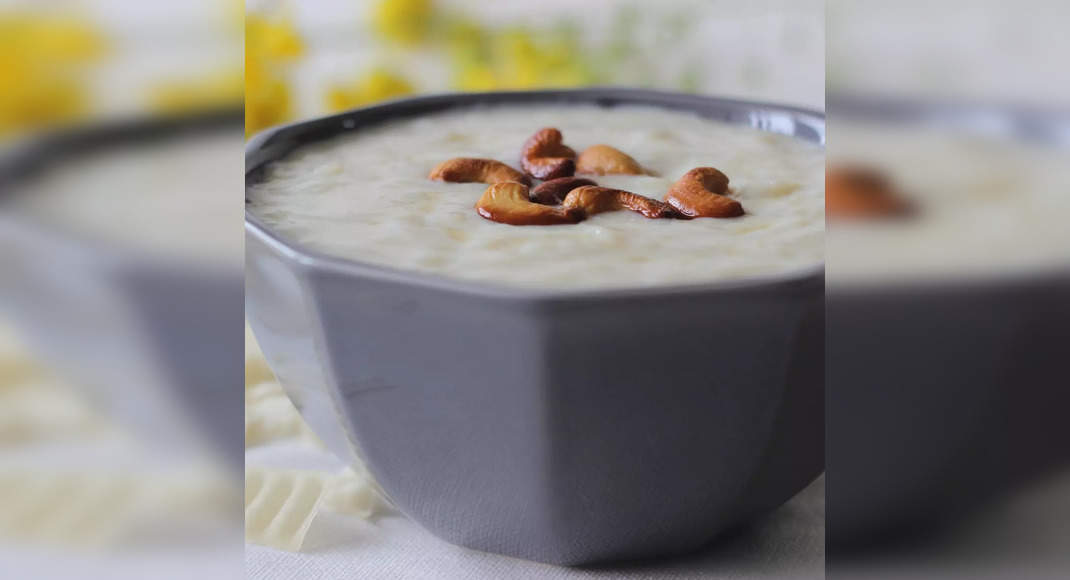If you’ve presented the same arm for every dose of a particular vaccine, you may want to reconsider. Alternating arms may produce a more powerful immune response, a new study suggests.
The researchers studied responses to the first two doses of Covid-19 vaccines. Those who alternated arms showed a small increase in immunity over those who got both doses in the same arm.
For individuals who respond poorly to vaccines because of age or health conditions, even a small boost may turn out to be significant, the researchers said. At this point in the pandemic, with most people having had multiple vaccine doses or infections, alternating arms for Covid vaccines may not offer much benefit.
Yet if confirmed by further study, the results could have implications for all multidose vaccines, including childhood immunizations.
“I’m not making recommendations at this point, because we need to understand this a lot better,” said Dr. Marcel E. Curlin, an infectious disease physician at Oregon Health & Science University who led the work.
But “all things being equal, we ought to consider switching up the arms.”
The few studies comparing the two approaches have been small and have produced mixed results. And none of the studies shown a big difference in immunity.
A mouse study found that a single lymph node can generate strong immunity following vaccination, said Jennifer Gommerman, chair of the immunology department at the University of Toronto, who was not involved in the new research.
“This means that lymph nodes are really good at their job,” she said, and most vaccines will do well targeting a single arm.
In most people, extending the interval between doses — by three to four months, as was done in Canada for Covid shots, rather than the three to four weeks recommended in the United States — may offer a greater benefit than switching arms does, Dr. Gommerman said.
Still, it’s worth studying all of these strategies, because in people who are immunocompromised “anything that helps their immune responses is worth doing,” she added.
In the new study, Dr. Curlin and his colleagues repeatedly measured antibody levels in 54 pairs of university employees matched for age, gender and the time after vaccination.
The participants, part of a larger research project, were randomized to get the second dose in the same arm as the first dose or in the opposite arm. The researchers excluded anyone who became infected with Covid during the study.
Switching the arms increased blood antibody levels by as much as fourfold, the scientists found. The results were published in The Journal of Clinical Investigation.
The immune response was stronger against both the original coronavirus and against the Omicron variant, which emerged roughly a year after the authorization of the first Covid vaccines.
“It’s a consistent, statistically significant effect; is pretty sizable; and it seems to be quite durable,” Dr. Curlin said.
The results appear at first to contradict those from a German study last summer showing that rolling up the same sleeve each time might yield a better immune response. But that study measured antibody levels only two weeks after the second dose.
In that period, the new study also found similar results. But the pattern slowly shifted over the subsequent months to higher antibody levels in those who alternated arms.
The new study’s results did not entirely surprise the German researchers.
“What they see is one option I had in mind as a possibility, so in a way that’s interesting that they actually observe this sort of switch in the effects,” said Martina Sester, an immunologist at Saarland University in Saarbrücken, Germany.
Switching arms with each dose could be “one part of many measures that you could easily adopt to maybe lead to a successful immune response,” Dr. Sester said.
#Alternating #Arms #Vaccines #Boost #Immunity #Study



